It's a cliche to say that my students teach me things, I know. But they do and they have, particularly this semester as I teach five classes at three Cleveland institutions (CWRU, CSU, and Tri-C). My students are wealthy white kids, some of whom are products of private high schools from across the country; they are poor middle-aged African-American women who are in school to make their lives better, or simply to learn something new now that their children are grown; many are solidly middle class, practical types--the kind of people who work hard and believe that honesty is the best course of action, even when it means telling their professional sports-loathing professor that they need to miss class to go to a Cavs game. Sometimes they aggravate the hell out me (for whatever reason, this semester students at all three institutions seem to think nothing of texting their friends during class, surfing the internet during films, and leaving discussion to answer their phones), but most often they humble me, occasionally causing tears to well in the corners of my eyes.
During the last two weeks, the latter situation has been the case. I'm always on students to pay attention to the news, "current events show us that history is never 'history'," I tell them. Last Thursday I pulled out my notes on the case of the Governor McDonnell of Virginia to report to my African American History students that McDonnell was taking well-deserved heat for re-establishing April as Confederate History Month and--initially, at least--leaving slavery out of his official declaration. No one had heard about this, despite the fact that it was everywhere in the blogosphere and on national television news. "Where do you get your news," I asked them. "Anna" spoke up first--"From Channel 19," she said, continuing with: "did you hear about the woman's body that was found on I-90 on Monday?" I hadn't. All of the students in the class had, however, and they recounted with accuracy the details surrounding the murder, subsequent dumping, and misidentification of Angel Bradley Crocket, a 28-year-old African-American mother of three young children.
I brought the story up later that night in my CSU women's studies class. Most people in that class had heard about it, however, "Tasha" had not. As she processed what happened she asked, "Is this what we have to get used to now--black women's bodies being dumped along our highways?" Throughout the day on Friday I couldn't stop thinking about this response, it--as my mother would say--"made my heart hurt." In the aftermath of the Sowell/Imperial Avenue murders, where 11 poor black women's bodies were "stored" in a house that the city's mayor's niece frequently visited, this new grim discovery was infathomable. What else must young black women come to terms with and imagine as possible causes of death for their peers? Moreoever, how could police officers be so comfortably complacent in their jobs that they wouldn't think it necessary to stop and get out of their car to see if reports of a woman's body were accurate? Their complacency was as unfathomable to my students as the murder itself.
Thankfully, by Saturday morning police arrested a suspect in Bradley-Crocket's murder. This news did not quell the sadness and anger that met me when I arrived at Tri-C to teach my women's studies students. We spent more than half of the three hour class talking about the issue. One of the women told the class about her own experiences with police brutality. Again, the police officers were the target of their anger. "Someone has to hold them accountable," someone said. "We need to hold them accountable," I replied, following up with, "What can we do?" It took more than a half an hour from that point in the conversation for someone to suggest that we organize a protest. Many of these women are not used to being heard, much less speaking out against injustice, even when (or, more pointedly, because) they themselves have experienced abuse at the hands of the police. Once the protest idea emerged and I told them that we could do it on Saturday, April 17 during class time, they didn't want to stop talking it about and planning for it. Lists were made. Phone calls were placed to community leaders during class. Telephone numbers and email addresses were exchanged. All week my phone has been ringing, and one student even made calls and sent emails from bed as she suffers from a persistent illness that keeps her bed-ridden for days at a time.
It's going to be cold--45 degrees--on Saturday morning, but my Tri-C women's studies students and I will be in front of City Hall from 9-11 a.m. We're making signs, gathering written messages from anyone who shows up, which we will deliver to the Mayor next week. I watched Channel 19 news last week and in one of their reports on Bradley Crocket's murder, Mayor Jackson told a reporter that his office only received two calls on the gender/racial implications of this and other cases. He'll be hearing from more of us very soon...
Subscribe to:
Post Comments (Atom)
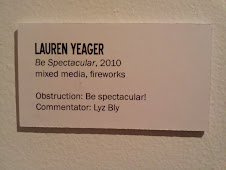
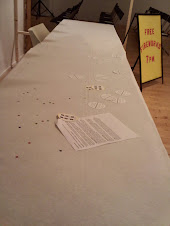
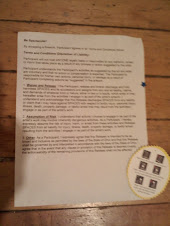
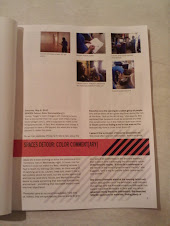
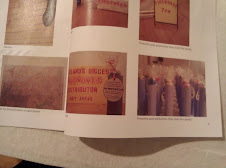
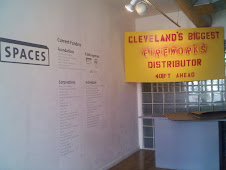
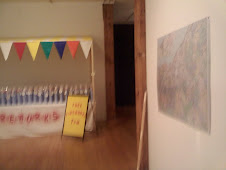
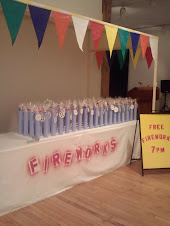
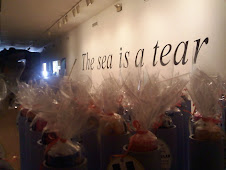
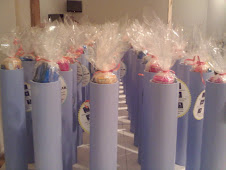

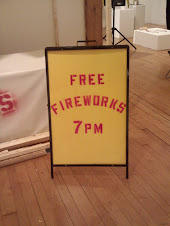
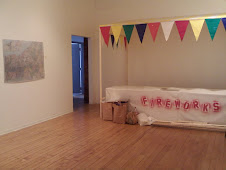
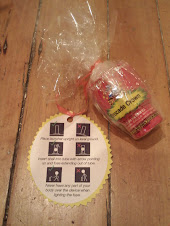


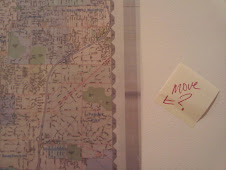
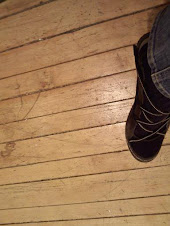

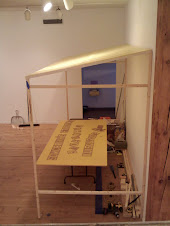
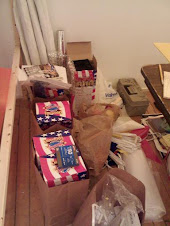

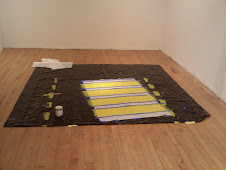
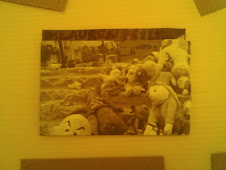







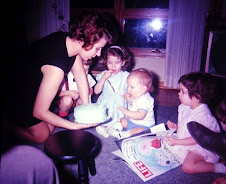
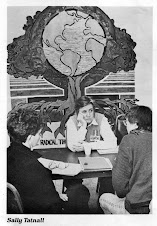


No comments:
Post a Comment